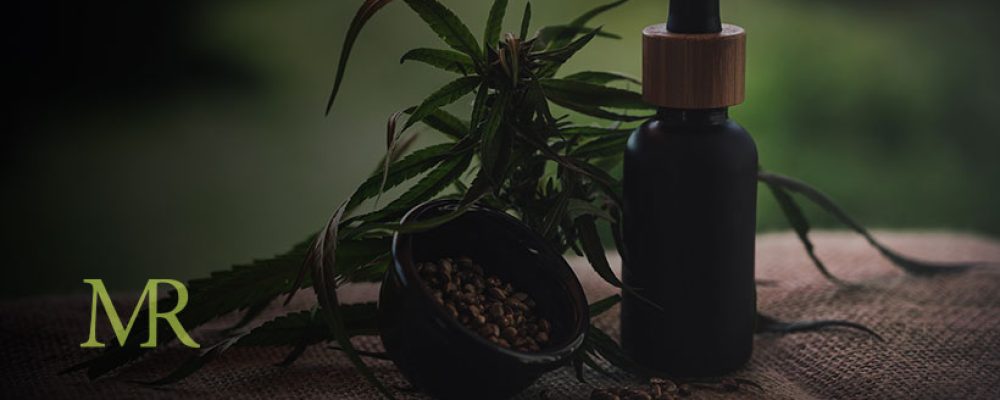The Food and Drug Administration (FDA) has been active on the CBD front recently, releasing a consumer update claiming that CBD “has the potential to harm” at about the same time as the agency issued warning letters to 15 companies the agency claims are marketing CBD products illegally.
While the FDA announced in July that it would release CBD-specific regulations by early fall, they have yet to do so. Which begs the question: How can a company be compliant if there isn’t a regulatory framework to comply with?
In the FDA’s consumer update, the agency said that it is illegal to add CBD to foods or label products containing CBD as dietary supplements. The update also warns consumers that CBD-containing products are marketed using unsubstantiated medical claims, and the production of products including the cannabinoid may be manufactured using unsafe practices. The agency also takes issue with unapproved use, in this case, the addition of CBD to animal products, which is not currently approved by the FDA. They also claim that CBD consumption has the potential to affect the absorption of other drugs negatively, and the list of cautionary effects continues.
The FDA, in the consumer update, also says that the cannabinoid increases sedative effects when combined with alcohol. The agency also implies that consuming CBD can damage the liver — a claim made at a hearing in June by representatives of Greenwich Biosciences, and one that is staunchly rejected by the CED Foundation.
Created in 2017, the CED Foundation has a mission: to combat stigmas surrounding cannabis use through education and information. It seeks to highlight research, data and science that supports the benefits of cannabis (both THC and CBD). They disagree with the FDA, noting that the mice in the study alleging liver damage received doses with astronomical quantities of CBD — the human equivalent of 42,050 milligrams.
In the consumer update, the FDA also says that CBD may change alertness, cause gastrointestinal distress, and may cause a change in mood. And that isn’t all of it. The agency also claims that CBD consumption could lead to male reproductive toxicity. They cite animal studies that showed a “decrease in testicular size, inhibition of sperm growth and development, and decreased circulating testosterone.”
The update goes on: “Because these findings were only seen in animals, it is not yet clear what these findings mean for human patients and the impact it could have on men (or the male children of pregnant women) who take CBD,” the agency said in the update. “For instance, these findings raise the concern that CBD could negatively affect a man’s fertility.”
Coincidentally, the FDA announced in a press release that the agency sent warning letters to 15 CBD companies that make health claims about their products, including claims that the products are a treatment for diseases. That’s a big no-no and in violation of the Federal Food, Drug, and Cosmetic Act (FD&C Act). As of today, there is only one pharmaceutical, Epidolex, that has been approved by the agency to treat patients with two rare forms of epilepsy.
“The FDA is concerned that people may mistakenly believe that trying CBD ‘can’t hurt,'” the update reads. “The agency wants to be clear that we have seen only limited data about CBD’s safety, and these data point to real risks that need to be considered.” The federal regulator announced that it could not “conclude that CBD is generally recognized as safe (GRAS) among qualified experts for its use in human or animal food.”
FDA principal deputy commissioner Amy Abernethy made a statement about the matter. “As we work quickly to further clarify our regulatory approach for products containing cannabis and cannabis-derived compounds like CBD, we’ll continue to monitor the marketplace and take action as needed against companies that violate the law in ways that raise a variety of public health concerns. In line with our mission to protect the public, foster innovation, and promote consumer confidence, this overarching approach regarding CBD is the same as the FDA would take for any other substance that we regulate.”
Attorneys familiar with the cannabis industry counter these statements and imply that these recent developments are a restatement of an existing policy, and an attempt to buy the agency time while effectively stifling growth in an emerging industry.


